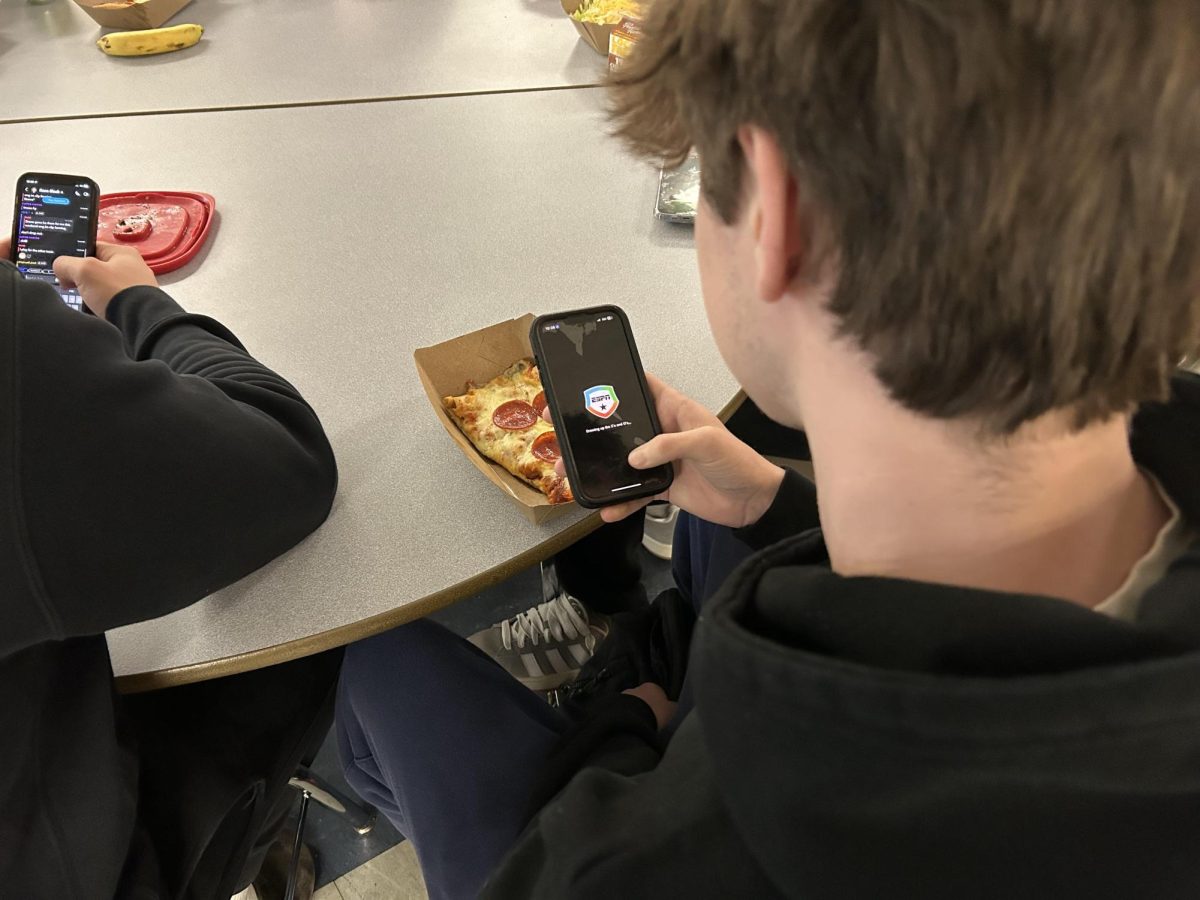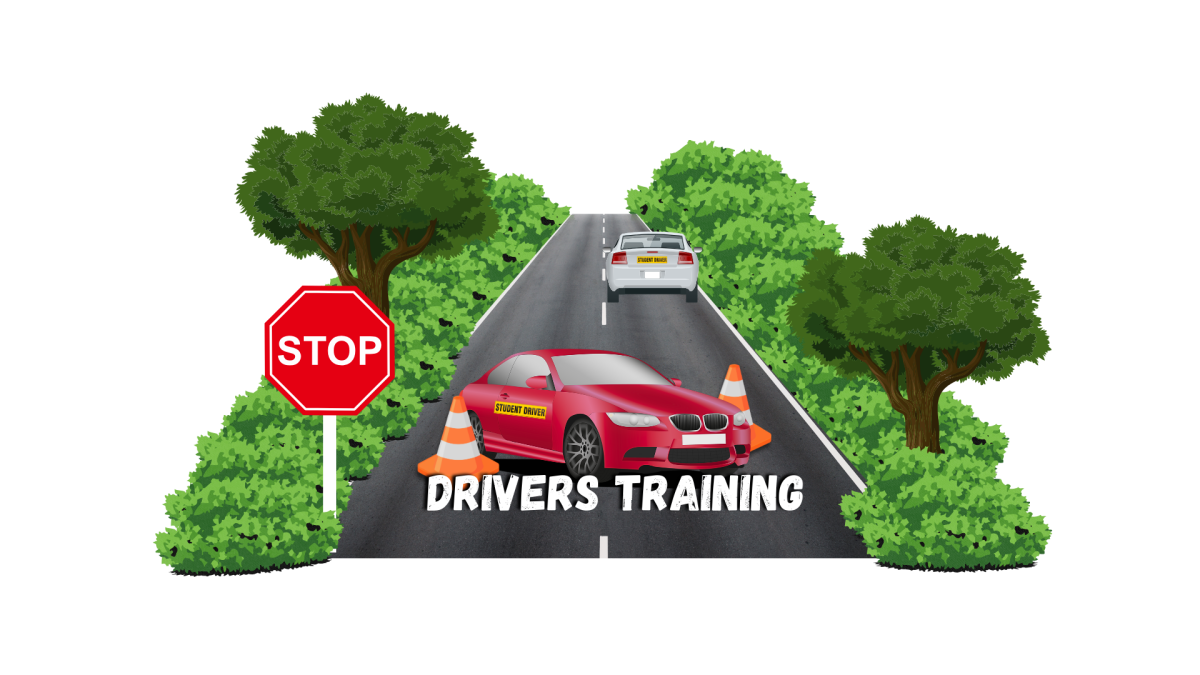By Sam Shaffer

The students let out a collective groan as their English teacher announces the next book they will be reading — Harper Lee’s “To Kill a Mockingbird.” A large percentage of the students in the class will most likely never open the book and will rely on “Sparknotes” to stumble through the class. An even greater number probably haven’t opened a book of any kind since elementary school, when reading was forced upon them with reading goals and specific times set aside during the day for reading.
Most children seem to stop reading for fun between the ages 8 and 9. According to the article Kids and Family Reading Report: Finding Their Story Reading to Navigate the World by Lauren Tarshis of Scholastic, “Only 35% of nine-year-olds report reading 5-7 days a week compared to 57% of eight-year-olds.” The decline tends to continue as they get older.
There are so many benefits to reading. Some of these benefits are stress relief, vocabulary expansion and increased knowledge. Whether it is for therapeutic purposes or advancing their education, teens really need to be reading more. Even if students do not have the extra time to find a book outside of school assigned books, it is worth giving the books that are assigned for school a chance. The classic novels assigned in English classes are part of the curriculum for a reason — they are great books. Even the books required by schools can be enjoyable reads.
Books provide a healthy outlet from stress and anxiety. Reading is a very freeing experience. A bad day can be turned around by opening a new book and stepping into a different world. Sophomore Lily Stickley enjoys reading for this very reason.
“[I enjoy reading] because it’s an escape from reality,” Stickley said.
Reading can improve a bad day or relax someone after dealing with a difficult situation. Escaping to a different reality can clear the mind and give it another focus.
Whenever I have had a bad day, when I get home, I do my homework, and everything else I need to accomplish, then I find a good book and a comfortable chair and I begin to read. For just a moment, I am transported to another world and all of my problems seem to fall away. I become more relaxed as my mind is taken off the things troubling me and focused on the conflicts the characters in my book are facing.
According to the article, “Why is Reading for Pleasure Important?” by The Reading Agency, “The relationship between reading for pleasure and well-being is particularly interesting, with evidence showing a correlation between reading for pleasure regularly and lower levels of stress and depression.”
During the stressful years of high school, teens can really use a positive outlet that lowers the stress and anxieties of school and teenage life. Reading provides these psychological benefits, but it is also greatly beneficial to educational success.
Stickley has noticed how reading has helped her in school.
“It has helped with advancing my writing skills,” said Stickley.
There have been many studies conducted in regards to the correlation between reading for pleasure and success in school. Study after study sees the same results, reading is important to school success.
In a graduate study titled The Impact of Pleasure Reading on Academic Success, by Christy Whitten and Sam L. Sullivan of Sam Houston State University, and Sandra Labby of Texas A&M University, they stated that “According to Cullinan (2000), pleasure readers at all grade levels whom scored higher on standardized tests in all subject areas, developed greater reading comprehension skills, had increased fluency, and displayed higher levels of general knowledge.”
Reading improves skills necessary to academic success and expands vocabulary. It also helps students have a better grasp on certain concepts and gain knowledge about subjects other students may never learn about. Furthermore, reading provides knowledge that can open doors to many different opportunities. It can also help immensely on standardized tests, which contribute even more to a student’s educational success.
When asked if there are any negatives to reading for pleasure, Stickley, an avid reader, was baffled and said, “Are there [negatives]?”
However, there are some people who would argue that negatives to reading for pleasure exist. Reading can keep teens up late if they lose track of time in a good book, and this could negatively affect their academic performance. Reading for pleasure can also pull focus from reading assigned in classes, or just make it difficult to keep content of assigned books and pleasure books from becoming confused.
Although these slight negatives exist, teens really need to read more to lower stress levels and raise academic performance. An easy solution to the problems presented by those in opposition of reading for pleasure is for students to read the books assigned for classes at school. Reading the books assigned for school can provide students with pleasure reading and they can get their homework done simultaneously.
So, next time you are feeling stressed, or just had a bad day, pick up a book and find a comfortable place to sit. Open the book and see where it takes you.







